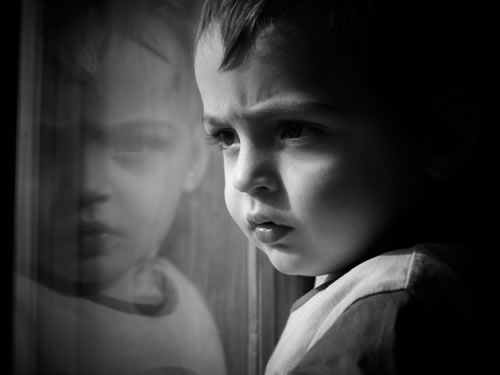2020-01-01

Those who were humiliated, beaten or sexually abused in childhood have to deal with mental illnesses such as depression or anxiety attacks more often in adulthood than people who were spared this experience at a young age. But what are the reasons for this greater vulnerability? Do experiences of violence as a child possibly lead to a permanently changed perception of social stimuli? Psychiatrists from Bonn and biopsychologists from Bochum now indeed were able to shed light on basic factors relevant to social dysfunction, interpersonal distance, and responsiveness to touch in adults with a history of childhood abuse. In addition to behavioral testing, structural and functional MRI was performed to assess the neural correlates of social touch in relation to varying degrees of maltreatment. Overall, the findings suggest alterations in neural responsivity to sensory stimulation with both fast and slow touch. Of particular interest was the finding that severe maltreatment was associated with decreased hippocampal responsivity to slow touch, which tends to be associated with the emotion-relevant, comforting aspects of touch. In addition, the scientists also examined social distance by asking participants to approach an unknown person and to stop when the distance was just felt to be pleasant. Indeed, traumatized subjects kept a larger distance by twelve centimeters. These findings upon up new possibilities for body-based therapies of traumatized subjects.

Those who were humiliated, beaten or sexually abused in childhood have to deal with mental illnesses such as depression or anxiety attacks more often in adulthood than people who were spared this experience at a young age. But what are the reasons for this greater vulnerability? Do experiences of violence as a child possibly lead to a permanently changed perception of social stimuli? Psychiatrists from Bonn and biopsychologists from Bochum now indeed were able to shed light on basic factors relevant to social dysfunction, interpersonal distance, and responsiveness to touch in adults with a history of childhood abuse. In addition to behavioral testing, structural and functional MRI was performed to assess the neural correlates of social touch in relation to varying degrees of maltreatment. Overall, the findings suggest alterations in neural responsivity to sensory stimulation with both fast and slow touch. Of particular interest was the finding that severe maltreatment was associated with decreased hippocampal responsivity to slow touch, which tends to be associated with the emotion-relevant, comforting aspects of touch. In addition, the scientists also examined social distance by asking participants to approach an unknown person and to stop when the distance was just felt to be pleasant. Indeed, traumatized subjects kept a larger distance by twelve centimeters. These findings upon up new possibilities for body-based therapies of traumatized subjects.